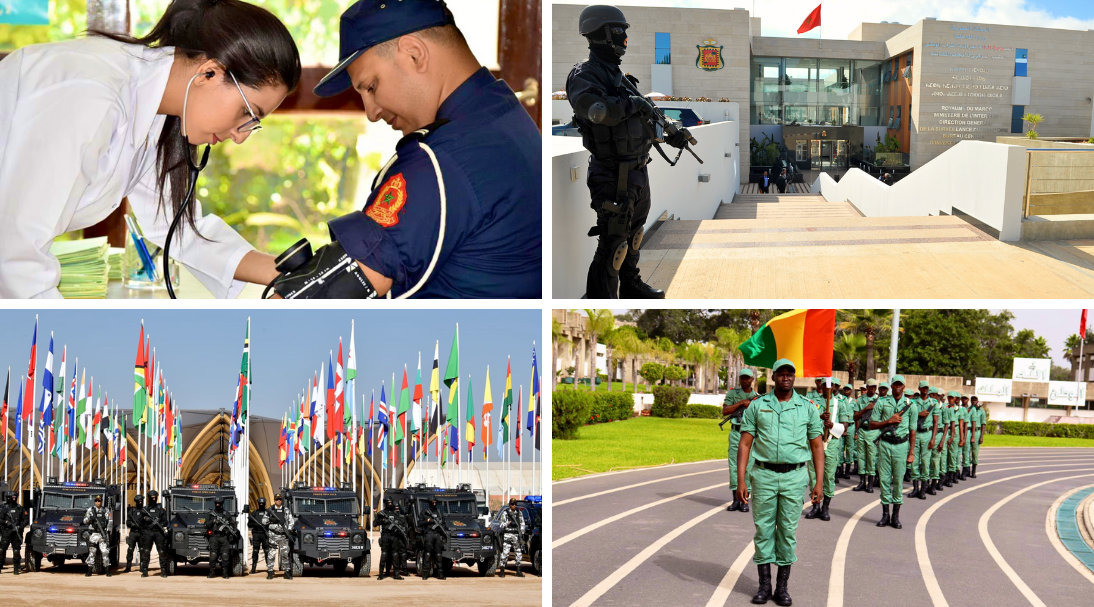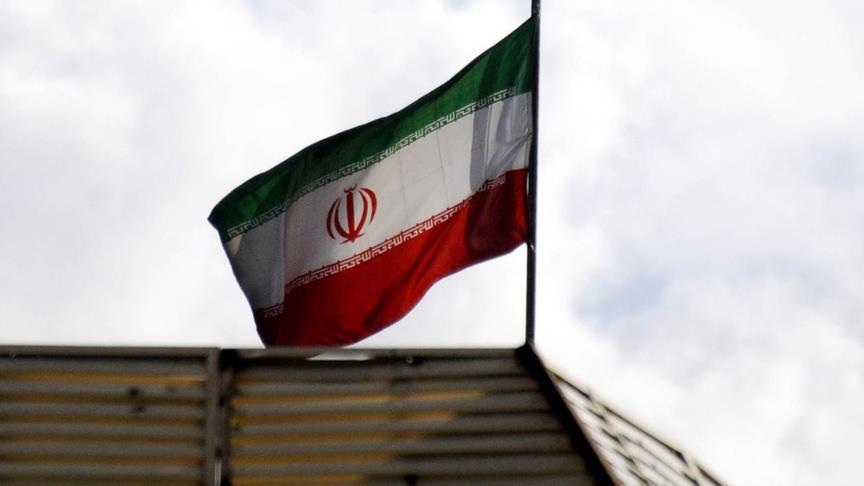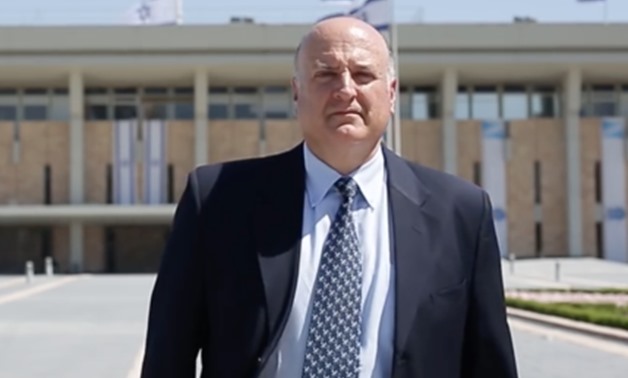Morocco’s General Directorate of National Security has registered in 2024 an impressive record of successes and achievements in security matters, both domestically and at the international level, as revealed by its annual report released this week.
The remarkable progress of La Direction Générale de la Sûreté Nationale (DGSN) in 2024 was also marked by significant achievements in digital transformation, crime prevention, and international cooperation. The year saw a noteworthy 10% reduction in violent crimes, alongside substantial advancements in technological infrastructure, and public service delivery.
International Cooperation and Strategic Achievements
Morocco’s DGSN has significantly strengthened its position on the global security stage in 2024. A major milestone was achieved with the election of a DGSN representative as Interpol’s Vice-President for Africa during the 92nd General Assembly in Glasgow. This appointment reflects Morocco’s growing influence in international law enforcement and security cooperation.
Also, by becoming a member of Interpol’s executive committee, the DGSN aims to develop security action mechanisms in Africa and strengthen police cooperation in a South-South dimension.
The year 2024 also saw the opening up to new international partners in Latin America, Asia, and Africa. The same partnership has been strengthened with France, Germany, Belgium, Spain, and Italy through multiple visits and meetings with security officials from these countries.
Regarding multilateral security cooperation, the DGSN continued to enhance its ties with global and regional organizations, as well as with UN offices responsible for combating crime, drug trafficking, and protecting women victims of violence.
In this connection, the DGSN expanded its international partnerships through several strategic agreements. Notable among these are the cooperation agreements signed with Brazil’s Federal Police and Abu Dhabi Police, enhancing cross-border security collaboration. These partnerships facilitate information exchange, joint operations, and shared expertise in combating transnational crime.
As part of these international partnerships, the Director General of the DGSN-DGST, Abdellatif Hammouchi, held extensive meetings and discussions with many partners, both traditional and new, during the 92nd session of Interpol’s General Assembly. He also exchanged visits with his counterparts from several countries.
As for the assessment of international security cooperation, the international police cooperation unit of the DGSN handled 6,800 cases and information requests this year, related to drug trafficking (10%), the fight against illegal immigration (9%), mutual exploitation of databases (25%) while information requests accounted for 36%.
Additionally, the DGSN’s Central Bureau for Judicial Investigation (BCIJ) carried out 125 international letters of request and issued 121 international arrest warrants, leading to the arrest of 135 individuals sought by Moroccan judicial authorities on the international level.
The BCIJ also issued 2,831 national search notices following requests from foreign security services, as well as Interpol’s red notices.
The same year, Morocco received 82 individuals arrested abroad following international arrest warrants issued by Moroccan judicial authorities. On the other hand, 45 foreign nationals subject to international arrest warrants were arrested in Morocco, while 35 others were extradited to their countries.
Looking ahead to major sporting events to be hosted by Morocco, DGSN is actively preparing security infrastructure for the 2025 Africa Cup of Nations and the 2030 FIFA World Cup. The institution has joined Interpol’s STADIA program, demonstrating its commitment to developing expertise in major events’ security management.
Digital Transformation and Modernization
The DGSN has implemented comprehensive digital transformation initiatives throughout 2024. The organization issued approximately 4.7 million electronic national identity cards, with production distributed between Rabat (3.4 million) and the new Marrakech center (1.2 million). The “Third-Party Identity Verification” platform has been enhanced through 17 framework agreements with key institutions, including Bank Al-Maghrib and various banking groups.
Crime Prevention and Security Enhancement
Law enforcement efforts have yielded impressive results, with a 95% crime resolution rate from 755,541 recorded criminal cases. Violent crimes decreased by 10%, representing only 7% of total cases (49,838 incidents). Significant reductions were observed across various crime categories: armed robbery (-24%), vehicle theft (-20%), and violent theft (-12%).
The cybercrime unit handled 8,333 cases, marking a 40% increase, while sexual extortion cases decreased by 23%. The new “E-Blagh” platform received 12,614 online crime reports since its launch in June 2024.
Economic and Financial Crime Control
In the financial sector, anti-money laundering efforts intensified, with specialized units handling 656 cases, representing a 27% increase from the previous year. The total value of seized criminal assets reached 331,907,537 dirhams, with approximately 101,881,322 dirhams specifically tied to money laundering cases. Drug-related offenses constituted 45% of money laundering cases, followed by economic and financial crimes at 29%.
Future Projects and Initiatives
DGSN is developing several strategic projects scheduled for 2025. The International Police Training Center in Ifrane will serve as a regional hub for law enforcement training. Plans include establishing six regional forensic laboratories and digital forensics centers in major cities. The new DGSN headquarters in Rabat, currently at 90% completion, is scheduled to open in 2025.
The organization is also expanding its technological capabilities through the deployment of 4,300 body cameras and vehicle-mounted cameras connected to new command centers; implementation of 26 drone systems for border surveillance; enhancement of urban surveillance systems in major cities; and integration of artificial intelligence technologies within the “Smart and Secure Cities” framework.
This comprehensive modernization strategy, coupled with strengthened international partnerships, positions DGSN to effectively address evolving security challenges while maintaining its commitment to public service and safety.



